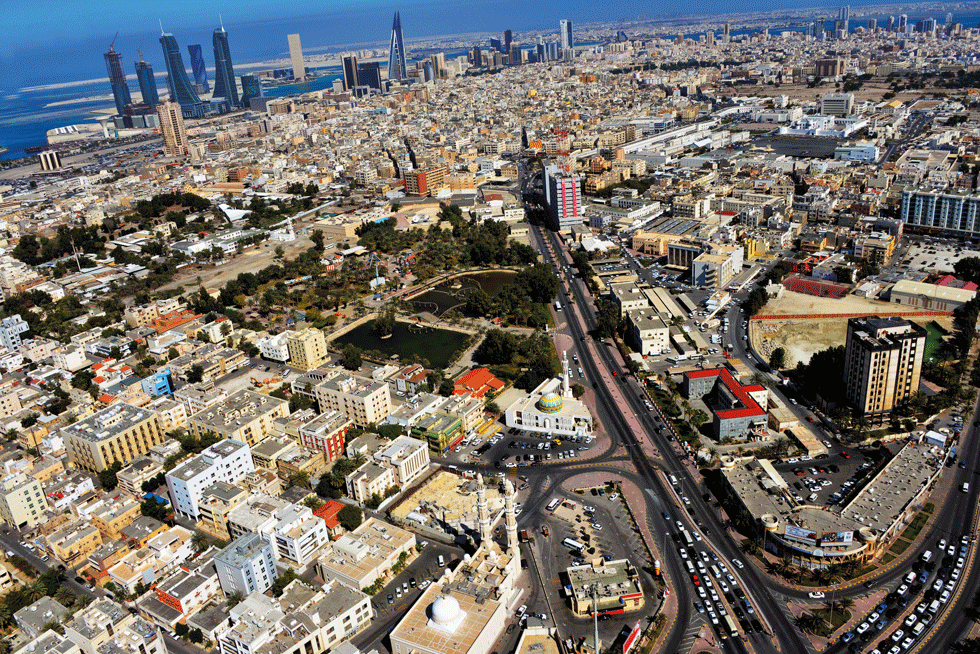

Bahrain’s policies shift as non-oil growth slows
Manama backs away from strict budgetary targets in favour of a more growth-positive fiscal dynamic
When Bahrain was handed a lifeline by its Gulf neighbours in October 2018, it committed to a consultation with the Arab Monetary Fund on a fiscal balance programme aimed at eliminating the country’s fiscal deficit by 2022.
However, the weakening of non-oil GDP growth to just 2.2 per cent in 2019, according to projections in the IMF’s October 2019 regional economic outlook – down from 2.5 per cent in 2018 and 4.9 per cent in 2017 – has demonstrated the challenges of implementing fiscal austerity in the non-oil driven economy.
Though oil GDP growth has returned to positive figures in 2019 – rising to 1 per cent, compared with -1.3 per cent in 2018 – this is not expected to hold in 2020 as market interpretations of supply and demand-side risks continue to weigh on global oil prices.
Part of the response from Manama appears to be a dilution of its efforts to rebalance its budget. While Bahrain’s fiscal deficit was reduced to 8 per cent in 2019, from 11.9 per cent in 2018, the IMF no longer expects the deficit to fall further by 2021, which makes the prospect of fiscal balance being achieved in 2022 unlikely.
This is nevertheless a far more measured response to weaker growth than Bahrain’s Gulf neighbours, many of whom have reacted to weakening non-oil growth with sharply expansionary budgets.
Yet Manama’s balancing act appears to be working, as evidenced by the IMF’s projection of a recovery in non-oil growth to 2.5 per cent in 2020, and the stabilisation of overall real GDP growth at 2.1 per cent, despite the lower projections for oil-led GDP growth.
Amid rising public debt, navigating Bahrain’s tricky set of priorities is no mean feat. The government deserves credit for maintaining its focus on key areas of economy diversification. The re-emergence of Bahrain as a perceived gateway to Saudi Arabia also stands the economy in good stead.
Bahrain’s most recent oil discoveries are meanwhile not yet part of the equation, but if Manama can hold its current course, the government’s policies should serve to tide the economy over until its angel wealth arrives.
Bahrain special report
 Manama maintains growth while limiting public spending
Manama maintains growth while limiting public spending- Banking sector enjoys stability amid favourable conditions
- Bahrain’s oil and gas expansion continues to gather pace
- Manama takes steps to grow electricity generation capacity
- Construction sector focuses on critical infrastructure
- Export Bahrain boosts country’s position as a trading hub
- Alba’s Line 6 expansion marks new era of industrial growth
You might also like...

TotalEnergies to acquire remaining 50% SapuraOMV stake
26 April 2024

Hyundai E&C breaks ground on Jafurah gas project
26 April 2024

Abu Dhabi signs air taxi deals
26 April 2024

Spanish developer to invest in Saudi housing
26 April 2024
A MEED Subscription...
Subscribe or upgrade your current MEED.com package to support your strategic planning with the MENA region’s best source of business information. Proceed to our online shop below to find out more about the features in each package.





